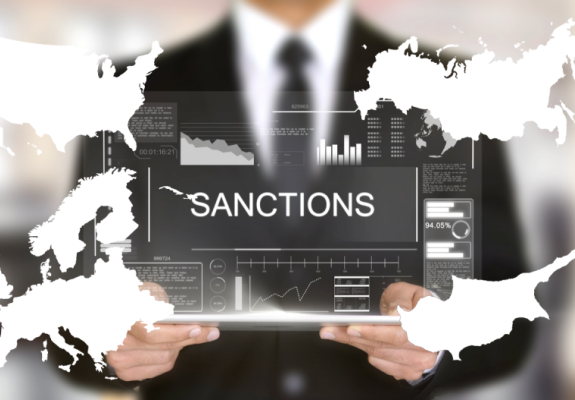Incomplete Legislation Leaves Takata Airbag Issue Unresolved
Questions have also arisen regarding the decision to postpone last Thursday’s vote on the proposed law.
The ongoing issue with Takata airbags remains far more complex and challenging than initially perceived. Despite Parliament's initiative to regulate the matter, the proposed legislation falls short of resolving the core problem and instead defers it to the future.
As Offsite reports, according to several MPs, the issue of vehicle immobilizations could have been addressed through the legislative proposal. However, the current text, set for a vote today without significant amendments, fails to provide a definitive solution. Instead, it transfers responsibility to the Minister of Transport, who will determine exceptions and conditions for immobilizations through decrees—a task that could have been clearly outlined within the law itself.
Questions have also arisen regarding the decision to postpone last Thursday’s vote on the proposed law. It appears that the proposal will not return to the relevant committee for further discussion but will instead proceed directly to today’s plenary session. While verbal amendments may emerge during the session, the core text remains unchanged.
Some MPs have implied that a solution has been found. However, this claim is contradicted by the fact that ultimate discretion will rest with the Minister of Transport. This approach not only leaves room for future disputes over ministry decisions but also shifts accountability away from Parliament, which could have addressed the matter comprehensively in the legislation.
The Takata airbag recalls present a critical safety concern, potentially affecting thousands of lives. It is evident that the issue should be addressed legislatively, in its entirety, without loopholes or deferred responsibility. This “hot potato” of responsibility continues to be passed around, as no party appears willing to fully commit to decisive action.
The consequences of failing to regulate this matter now could lead to renewed public outcry and parliamentary backlash in the future. However, the burden will then lie on both the Ministry of Transport and MPs who opted to sidestep their responsibility when they had the chance to act.






